Ten Questions for Jim Redmond
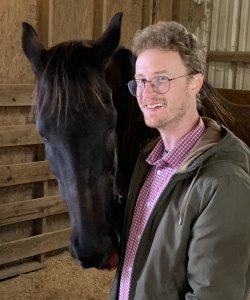
“Write toward what you want to discover.” —Jim Redmond, author of Because You Previously Liked or Played
Jump to navigation Skip to content
Read weekly interviews with authors to learn the inside stories of how their books were written, edited, and published; insights into the creative process; the best writing advice they’ve ever heard; and more.

“Write toward what you want to discover.” —Jim Redmond, author of Because You Previously Liked or Played

“I was writing this hybrid lyric thing that was hard to fall into a rhythm with at first.” —Claudia Acevedo-Quiñones, author of The Hurricane Book: A Lyric History

“Have fun. Make friends.” —Curtis Chin, author of Everything I Learned, I Learned in a Chinese Restaurant

“I was stretching to become a different kind of writer, and that took time.” —Justin Torres, author of Blackouts
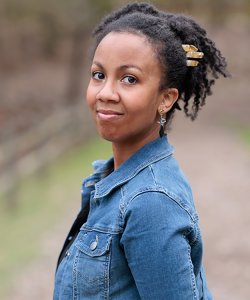
“I felt that I knew the characters deeply after years of thinking about these stories.” —Shannon Sanders, author of Company

“Celebrate the small victories!” —Isle McElroy, author of People Collide

“For me, giving language to something, finding a name for it, enacts a kind of metabolic process.” —Cintia Santana, author of The Disordered Alphabet
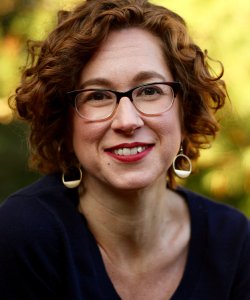
“Just keep listening to the work, one poem at a time.” —Heather Lanier, author of Psalms of Unknowing
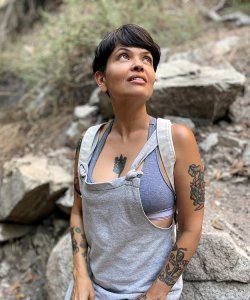
“I tend to binge-write.” —Myriam Gurba, author of Creep: Accusations and Confessions
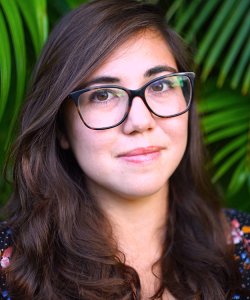
“I think that’s so much of the pleasure of writing for me, the opportunity to be fearless on the page.” —Megan Kamalei Kakimoto

“Don’t trap yourself into false models of production and worth.” —Edgar Kunz, author of Fixer
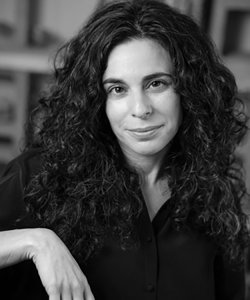
“Read more than you write.” —Robyn Schiff, author of Information Desk: An Epic
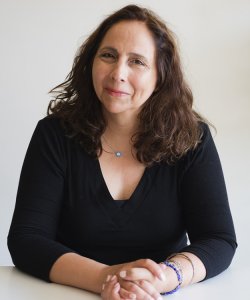
“I love when a poem is getting there, when I can’t stop coming back to it.” —Alise Alousi, author of What to Count
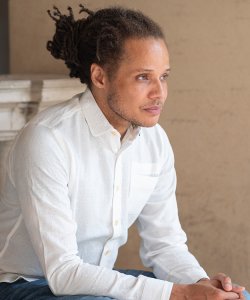
“One of the pleasures of writing short stories for me is the surprise of an ending.” —Jamel Brinkley, author of Witness

“You have time.” —JoAnna Novak, author of Contradiction Days: An Artist on the Verge of Motherhood
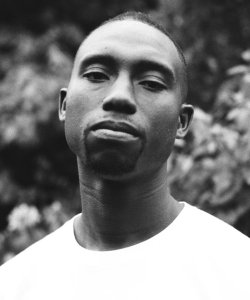
“I’m always trying to leave room in my writing for surprise.” —Caleb Azumah Nelson, author of Small Worlds
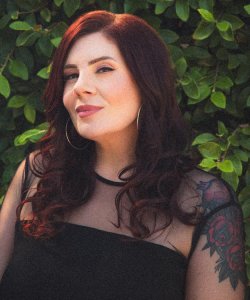
“Finish the draft. Nothing else matters.” —Sarah Rose Etter, author of Ripe
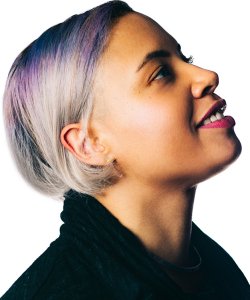
“I didn’t set out to write exactly this book.” —Lillian-Yvonne Bertram, author of Negative Money
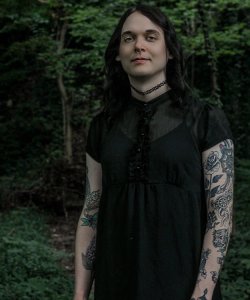
“I had to learn through writing the book how to discipline my creativity so that I could write whenever and wherever I needed to.” —Stacy Jane Grover, author of Tar Hollow Trans

“I believe that writing is just a form of dreaming.” —Nathan Go, author of Forgiving Imelda Marcos
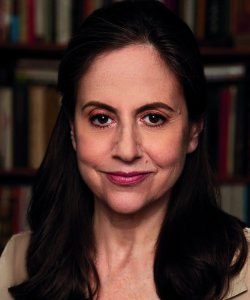
"I write as often and for as long as I can.” —Helen Schulman, author of Lucky Dogs
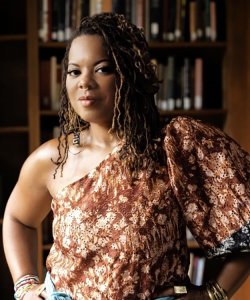
“I am constantly questioning, resisting, studying, accepting, and wondering—all of which I believe to be the hallmarks of the writer’s life.” —Airea D. Matthews, author of Bread and Circus
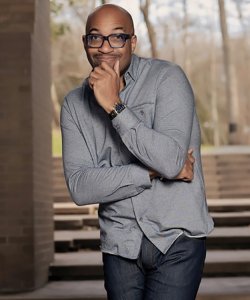
“Writing this book forced me to deal with, and face, some parts of my personality that haven’t served me.” —Kwame Alexander, author of Why Fathers Cry at Night: A Memoir in Love Poems, Recipes, Letters, and Remembrances

“It’s always surprising when the book clicks into being an actual book—which I find happens at the very last minute.” —Emma Cline, author of The Guest
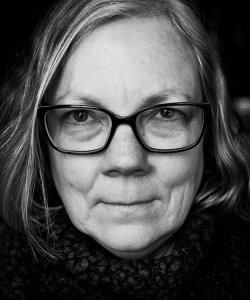
“You are going to read a book that will inspire you to write a book.” —Jennifer Lunden, author of American Breakdown: Our Ailing Nation, My Body's Revolt, and the Nineteenth-Century Woman Who Brought Me Back to Life